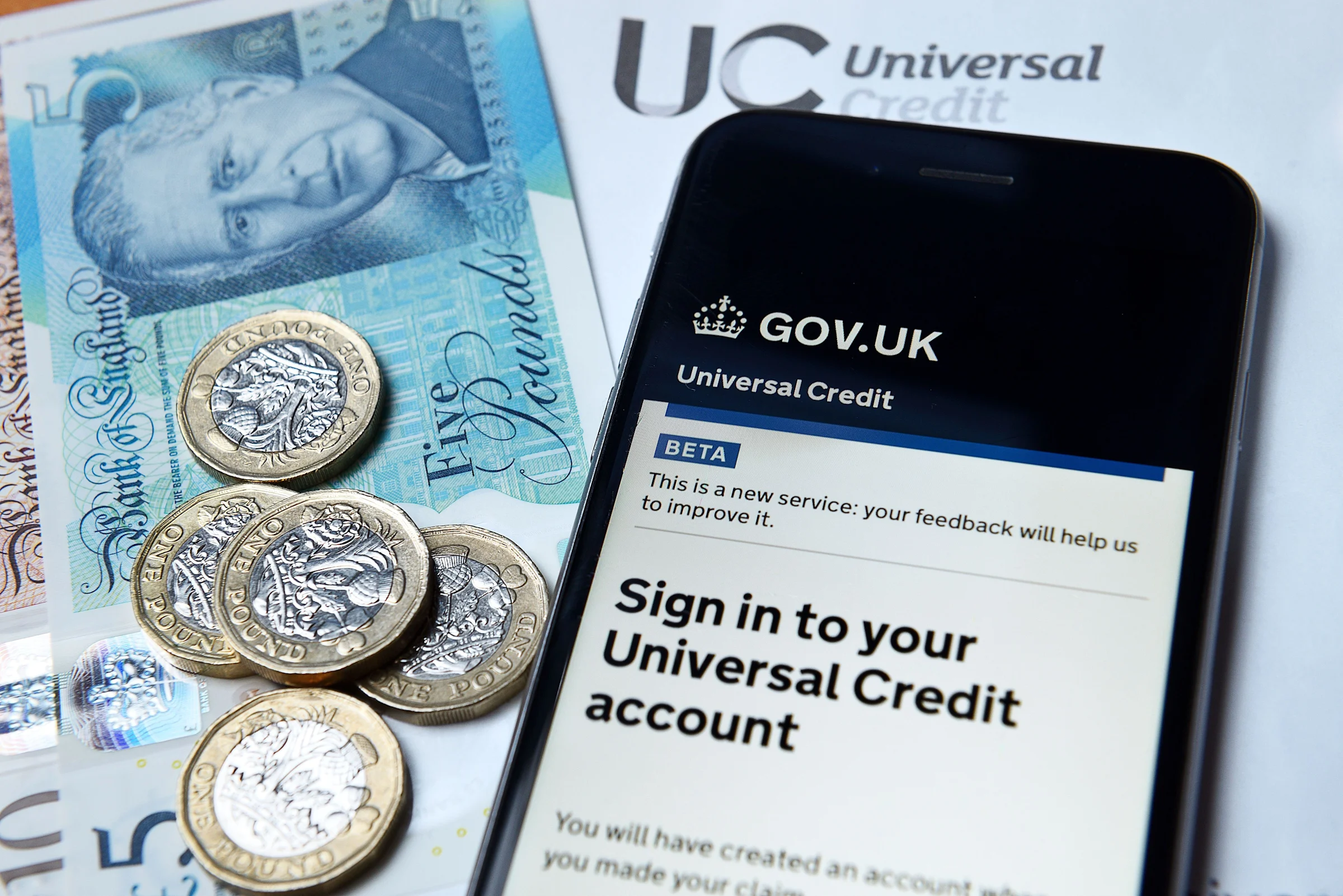By Jasmine Andersson
Copyright yahoo

A major change to universal credit (UC) is coming into force next year – meaning nearly 4 million households will see higher increases than last year.
The annual rise in rates for benefits such as universal credit, personal independence payments (PIP) and attendance allowance kicks in every April. For universal credit, this has – in recent years – been directly tied to the rate of inflation in September.
Last year, for example, inflation in September was 1.7%, meaning UC claimants’ payments went up by that amount the following April.
However, this is set to change over the next four years. Yahoo News explains what you need to know.
What will happen to your universal credit payments?
Universal credit is claimed by around 7.9 million people.
Last year, the government came under significant criticism for continuing to tie universal credit payments to inflation, which was just 1.7% in September 2024 – the lowest it had been in three years.
Critics argued that the uprate didn’t come close to supporting lower-income families still struggling to cope following a prolonged cost-of-living crisis.
In March, the government announced new proposals – which became law earlier this month under the Universal Credit Act – that it was changing how it would decide any increase in the universal credit standard allowance.
The new rules mean that – for the next four years – UC payments will increase by the rate of inflation as before, but with an additional top-up cash payment.
What does this mean for your next increase?
In April 2026, all universal claimants will see their payments rise by September’s rate of inflation (this figure will be announced in October), plus an additional 2.3%.
Therefore, if September’s inflation ends up being 2.5%, claimants will see their payments increase by 4.8%.
It is widely expected that this will mean single people over the age of 25 claiming the standard allowance will see their payments increase by £7 per week to £98.
Couples and those under the age of 25 who claim universal credit will also benefit from a standard allowance increase.
The the follow years, the government has committed to increase UC payments by inflation plus the following amounts on top of that:
3.1% in 2027/284.0% in 2028/294.8% in 2029/30
The government says that, by 2029/30, those claiming universal credit can expect to have received an additional £725 in total – though any final amount will depend on each claimant.
What about changes to the health element of universal credit?
The health top-up element of universal credit – which is claimed by around 3 million people – will be treated differently to the standard allowance.
Current claimants will see their payments increase in line with the rate of inflation in September, which will be announced next month.
However, for those who start claiming the health top-up element after April 2026, the monthly rate they are eligible for will drop from around £423 to approximately £217. This amount will remain the same until 2030.
The change was part of significant – and controversial – wide-ranging reforms unveiled by Rachel Reeves during the budget in March.
Labour’s new work and pensions secretary, Pat McFadden, has signalled there are more changes to come.
In an interview with BBC News, McFadden said he has not ruled out tightening up eligibility for universal credit or removing entitlement for health-related universal credit payments to those under the age of 22.



